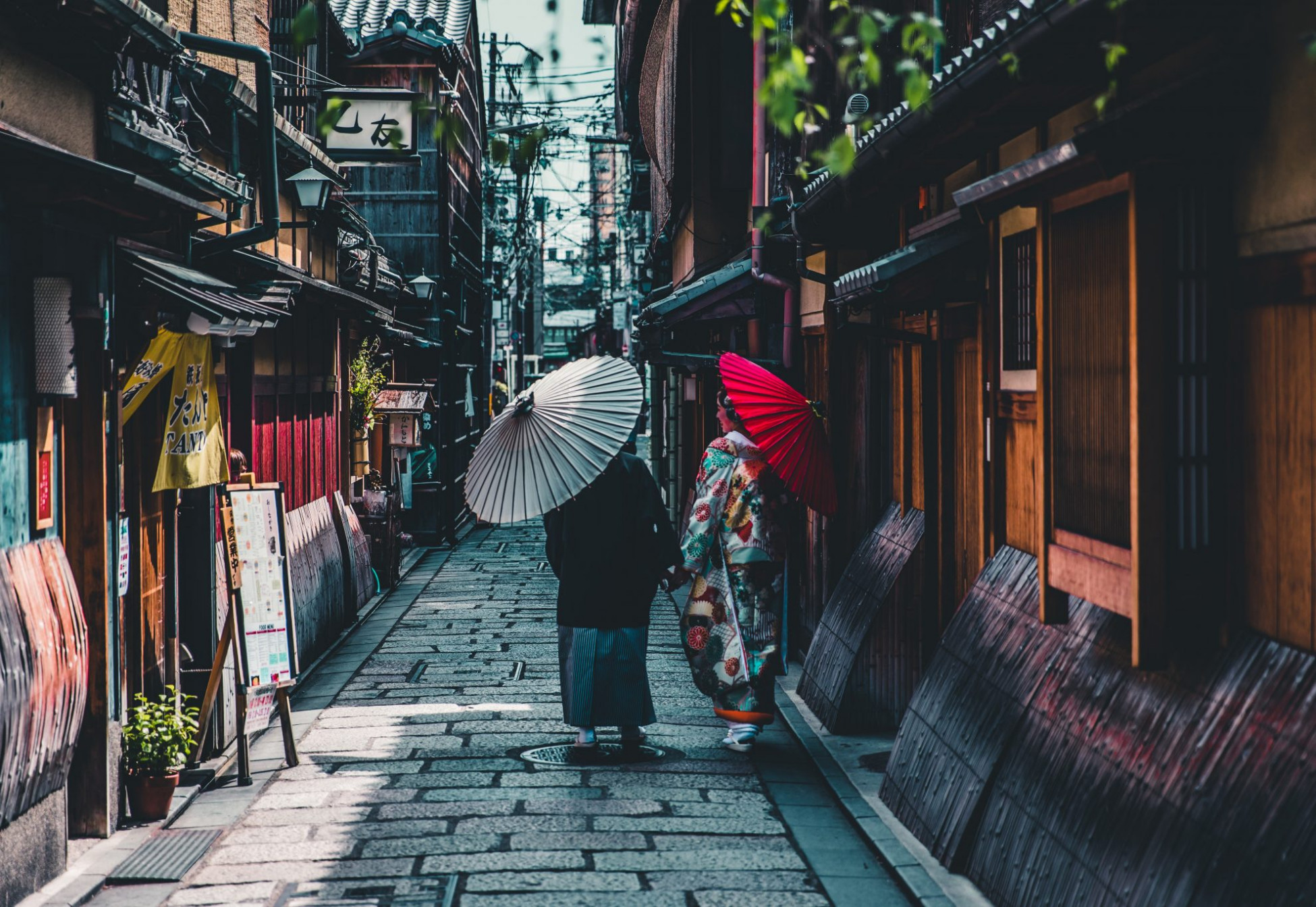
Group Description
Looking to travel to Japan and need accessibility information? Join our group discussion on accessible travel in Japan and discover the best tips and tricks.
The Japan group is a community of travelers who are passionate about exploring Japan and sharing their experiences with others. This group is dedicated to discussing all aspects of accessible travel in Japan, including accommodations, transportation, tourist attractions, and cultural experiences, as well as links to accessible travel companies and organizations.
Whether you have been here a million times or planning your first visit, the Japan group is a welcoming community that offers support and encouragement for travelers of all abilities. By sharing their experiences and knowledge, members of the group are helping to make travel in Japan more accessible and enjoyable for everyone.
Reply To: Japanese Attitude Towards The Disabled
Hey Ivan,
Before I answer your question, let me give you a bit of background information about myself so you can understand where I’m coming from.
I’m a visiting researcher at the University of Tokyo. My work focuses on the history and politics of disability in Japan over the last one-hundred years. I’ve traveled back and forth between Japan and the United States four times over the last ten years (2008, 2012, 2014, 2018), each time with a different kind of embodiment. The first time, I was walking with a cane. The second time, I used a manual wheelchair. The third time, I used a motorized wheelchair. And the fourth time, I needed a caregiver to help me get around.
Like Josh, I can say that I’ve encountered prejudice against persons with disabilities in Japan each time I’ve visited, but no more than I’ve experienced elsewhere. Sometimes, the prejudice that I’ve faced has been subtle: casual assumptions about what persons with disabilities want or need. Other times, the prejudice that I’ve faced has been visceral, with engineers and other ‘experts’ (un)wittingly forcing me into dangerous situations.
Let me give you two examples to clarify my meaning. For subtle prejudice, we can think about toilet height. Toilets in Japan are often built low to the ground to accommodate manual wheelchairs, which makes it harder for electric wheelchair users to transfer onto them. This is a kind of prejudice – an assumption that all persons with disabilities can use the same assistive technologies. There’s also another kind of prejudice that I’ve faced, with more drastic bodily consequences. Sometimes, my caregivers have ignored my requests and (un)intentionally hurt me because of their imagined ideas of what care should be. This is often tied to cultural/historical precedent and presents a problem for foreigners.
Now, these same kinds of prejudice exist in most places I’ve visited: London, France, Canada, the United States, etc. Japan is not exceptional in its prejudices. There are, of course, most explicit incidents of violence and abuse against persons with disabilities in Japan, but the same can also be seen elsewhere.
I’d argue that the reason you’re reading reports like those linked above is precisely because Japan is trying to become more accessible. Over the last twenty years, Japan has introduced a ton of legislature to protect persons with disabilities, including the “Barrier-Free Transportation Law” of 2000, the “New Barrier-Free Law” of 2006, and the “Law for the Elimination of Discrimination Against Persons with Disabilities” in 2016. Those laws have contributed to an environment where access for persons with disabilities is expected. Any time something rocks the boat (the Sagamihara Stabbings, for instance), there’s bound to be a flurry of media coverage precisely because it’s not normal.
I’d encourage you to think about the sensational aspect of the articles you’ve linked and suggest that they do not necessarily reflect conditions on the ground in Japan. Especially as a tourist, you’re not likely to encounter many of the subtle or visceral prejudices against persons with disabilities because you’re not occupying many of the spaces where those prejudices play out: schools, houses, etc.
This has been a relatively long explanation to say don’t trust what you read in the media. For the most part, Japan is very accessible, and that’s only bound to improve as the nation marches toward the Olympics and Paralympics in 2020. Sure, there will be stumbling blocks, but those are more-or-less the same as anywhere else in the world.
Let me know if you have any specific questions or concerns.
Mark